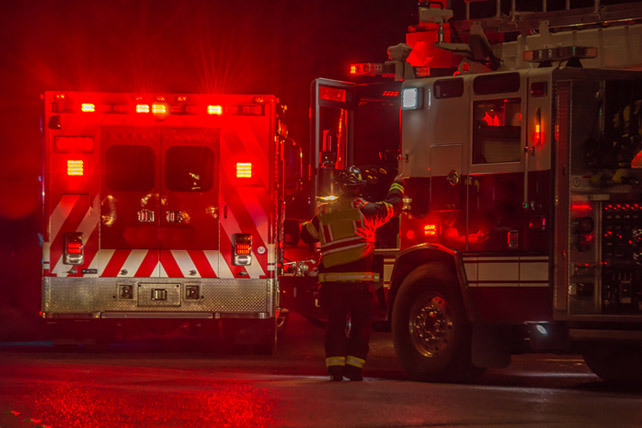Listen: Like Job’s friends, when we listen to people rather than correct them or try to “fix” them, healing occurs (Job 4:7-8). We get into trouble when we quote passages like Romans 8:28 out of context. We are also less likely to harm (Proverbs 10:19) and more likely to help when we listen (James 1:19). If we listen, we will hear guilt, doubt, and blame, which open opportunities for better helping later. For now, just being able to unburden themselves to someone they know will help those traumatized.
Act: We want our congregants to prepare to act. When Jesus described those who served Him (and others in His name), He referred to their actions (Matthew 25:35-36). The Good Samaritan was commended for helping the wounded traveler (Luke 10:34-37). Help congregants identify needs in various crises (e.g., cleaning the home or mowing the lawn after a loved one has died).
Everyone offers, “Please let me know if I can do anything to help.” A father whose daughter died in an accident told me, “People say that as they back out the door.” Helpful congregants look for a need and meet it. Once people see a person’s willingness to help, they are more likely to open up about other needs.
Respond: Prayer steadies the helper during a crisis and invites God into the situation. Asking, “Would you like for me to pray with you?” is an invitation rarely rejected. Research indicates the first coping strategy people utilize after trauma is prayer. Praying aloud is helpful because we are modeling for listeners how to pray. Praying for the person by name is also comforting. Encourage congregants to offer reading Scripture like Psalm 46 and prepare them with additional passages to share throughout recovery. As they walk with others on this journey, they will listen to them, read a pertinent passage to them, and pray.
Remember: Being present with someone in a trauma creates a bond like no other. Educate congregants about the ebb and flow of the grieving process and how to help the person who experiences doubt. Eventually, they will have the opportunity to address doubts and guilt, though they may need to point the individual to a pastor or professional helper. Provide referral information so they have a place to direct those needing more assistance. Often, referral to an expert is received better from a friend. As the recovery continues, make contact during holidays, the birthday of the loved one lost, the anniversary of the event, and other significant times.
How do we train them?
After the accident at the beginning of my ministry, we began using Bible studies to train our congregation. The material eventually became my book, First Aid for Emotional Hurts. It seemed beneficial to consider the tools and techniques of helpers in the Bible. The Church will never handle these situations perfectly, but we can prepare our churches to help people through the worst day of their lives by working together. When our people are Christ’s ambassadors and burden bearers, Jesus shows up (Matthew 18:20).
This article originally appeared in Christian Counseling Today, Vol. 24 No. 4. Christian Counseling Today is the flagship publication of the American Association of Christian Counselors. To learn more about the AACC, click here.

